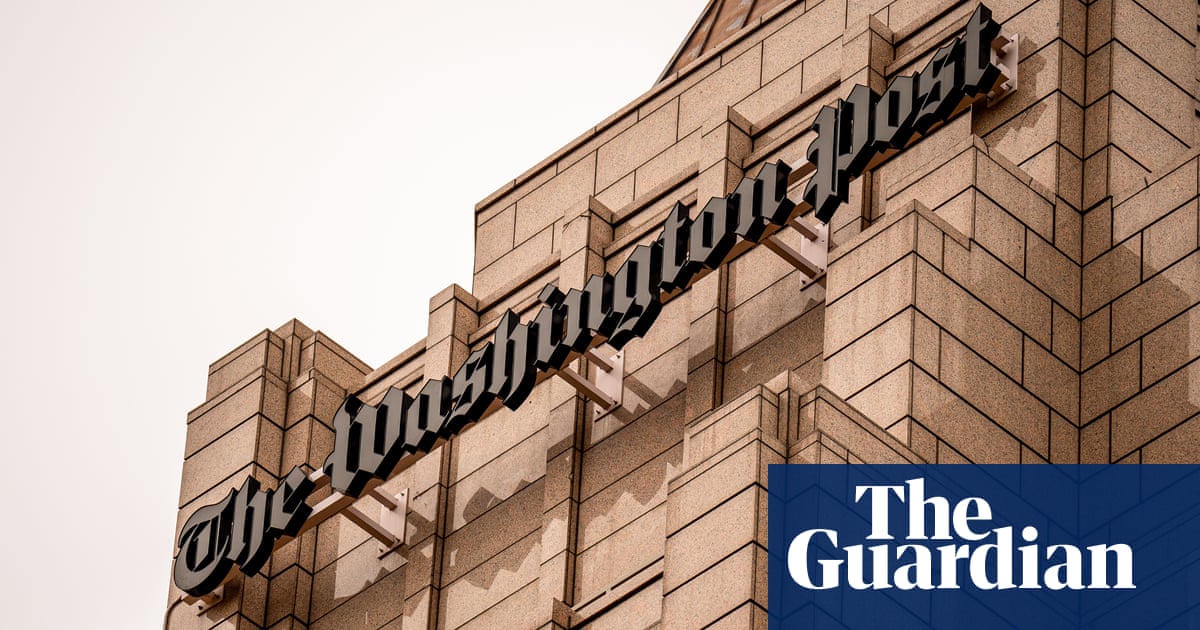It was not Kyiv that fell in three days, but Aleppo. A surprise offensive launched by Syrian rebels from the north west of the country last week has reignited a dormant conflict – and revealed a change in the balance of power caused not by one but two nearby wars, in Ukraine and Lebanon and the Middle East.
Aleppo was the scene of fierce and destructive fighting between 2012 and 2016 when the Syrian civil war was at its height. Rebel groups were forced out as Syrian government forces supporting the president, Bashar al-Assad, were able to capture the country’s second city, with the help of Russia and its air force.
The Idlib region of Syria in the north-west, with a population of around 5 million, remained outside Assad’s grip, however. An intervention by Turkey in 2020, propped up the position of Hei’at Tahrir al-Sham (HTS), a jihadist Sunni group that broke from al-Qaeda from 2016, but remains proscribed by the UK and other western countries.
A ceasefire had remained in place since March 2020, but Assad’s backers have been weakened, and with it the Syrian regime. An attack that began on Wednesday forced a hurried retreat by government forces and by Saturday the city appeared to be in rebel hands, a reminder of the elementary military effectiveness of surprise.
The question is why were Assad’s forces so suddenly vulnerable, when four years ago they appeared close to crushing HTS in Idlib. Answers are not difficult to find. Russia is not the force it was in Syria in the last decade, because Moscow has shifted its military focus and resources to its invasion of Ukraine.
As the Institute of the Study of War noted on Saturday, S-300 missile systems were withdrawn from Syria for the war in Ukraine in 2022 and Russia’s presence generally down-weighted. Moscow’s ability to provide sustained support for Assad will inevitably be constrained in the longer term.
Russia has launched a succession of air strikes in Aleppo, Idlib and surrounding areas, from its Khmeimim airbase, killing at least 200, but they appear to have had little to no impact on the rebels advance so far. The apparent Russian bombing of the University hospital in Aleppo on Sunday, which killed 12, does not obviously have any military value either.
The second change has been prompted by Israel’s attacks on Iranian proxies in Syria, with Hezbollah in Lebanon, both of whom have been decimated by over a year of bombing by Israel’s air force. It is almost certainly no coincidence that on the day a ceasefire between Israel and Hezbollah was announced, the HTS offensive began.
“Iran proxies have been substantially degraded, and this has an unquestionable impact,” on the Assad regime’s ground forces, said Burcu Ozcelik, a Middle East expert with the Royal United Services Institute thinktank. But she also reflected that Iran itself, which has come off worse in its direct military exchanges with Israel, may also be more cautious to step in or allow its proxies to step in as well.
“The real challenge to Syrian regime forces is the lack of willingness so far by Iran as the patron of Hezbollah and Russia to deploy military assets and air power to bail out the regime as it did before,” she added. An overt intervention from Iran in support of Assad may also provoke further bombing by Israel.
Experts who have followed the situation in the Syrian north-west know this was a conflict that was never resolved, and that HTS, a group motivated by religious conflict, had been planning for a future assault. In narrow military terms, its timing appears to have been canny, though it is likely to have been surprised by how fast its initial attack has succeeded.
For the Middle East, however, there is a bitter irony that as one conflict comes to a halt, another has restarted. Given the existential threat suddenly posed by the rebels to the Assad regime, it is not likely to end soon, either.

.png) 1 month ago
11
1 month ago
11













































